The North East Development Commission (NEDC) has announced plans to introduce electric vehicles to ease challenges associated with intra and inter-state transportation in the region.
The chairperson of the reconstituted governing board of NEDC, Paul Tarfa, a retired army general, made the announcement shortly after he met with members of the board in Abuja.
The News Agency of Nigeria (NAN) reports that the meeting was the first after the board’s inauguration by Vice President Kashim Shettima in August.
Mr Tarfa said the e-mobility project aims to address transportation challenges faced bypeople in the region.
”We plan to embark on (e-mobility projects) that is electric vehicles to ease the challenges of transportation faced by people in the North East,” Mr Tarfa said.
He also said the purpose of the meeting was to inform Nigerians of the efforts of the commission so far.
”Some of the key issues we discussed during the meeting was to ensure the completion of all the ongoing projects.
”Especially the six major road projects that are ongoing across Taraba, Gombe, Bauchi, Adamawa, Yobe and Borno States and we hope to complete them by Dec. 2024.
Mr Tarfa also informed the gathering of the board’s commitment to key into the renewed hope agenda of President Bola Tinubu’s administration in keeping with his desire for the vulnerable Nigerians.
He, therefore, assured Nigerians of their determination to complete all the ongoing projects embarked upon by the commission.
Earlier, the Managing Director of the Commission, Mohammed Alkali, said the board had already approved the use of electric vehicles for inter-state mobility within the region.
Mr Alkali further explained that the use of such vehicles would serve as a cost-cutting measure against petrol-consuming vehicles.
The NEDC MD also announced plans to release 300,000 bags of rice for immediate distribution to support vulnerable communities in the region.
According to him, this is part of the commission’s efforts to support families in need due to the current increase in food prices.
”Some of the items we earmarked for distribution include Spaghetti, vegetable oil, Sugar, branded mats and blankets, male and female clothes as well as children wear,” Mr Alkali said.


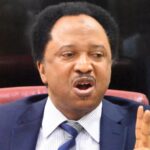
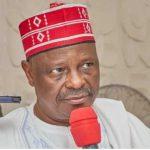

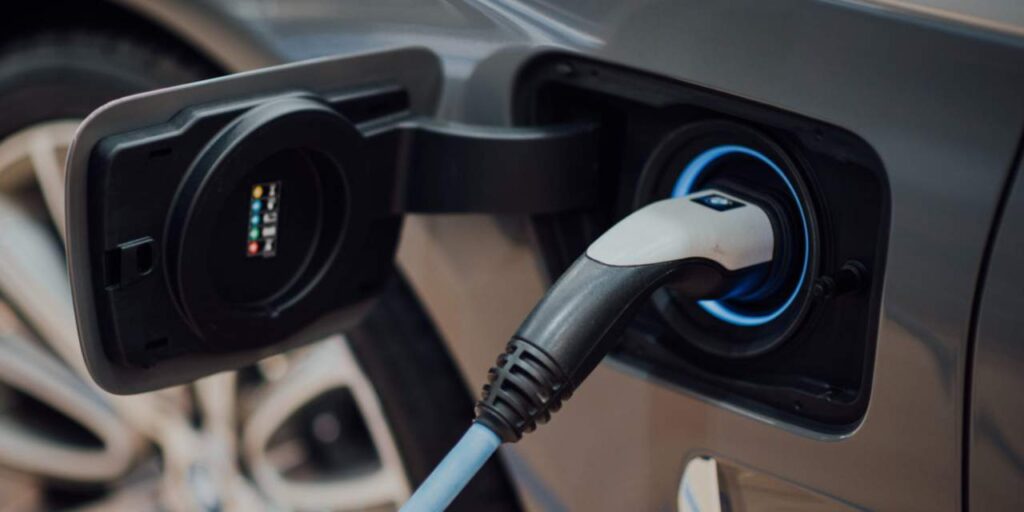
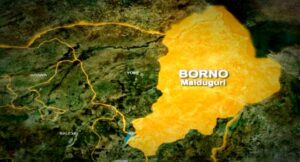

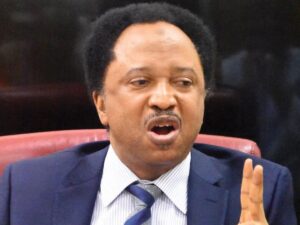
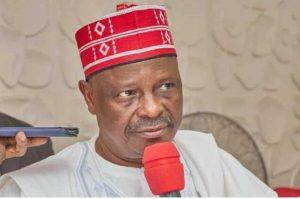
More Stories
Bomb explodes at Borno bus stop, kills nine
NDLEA busts syndicate sponsoring pilgrims with cocaine to hajj, arrests 3 kingpins in Kano
Kwankwaso mourns 22 Kano athletes killed in road accident